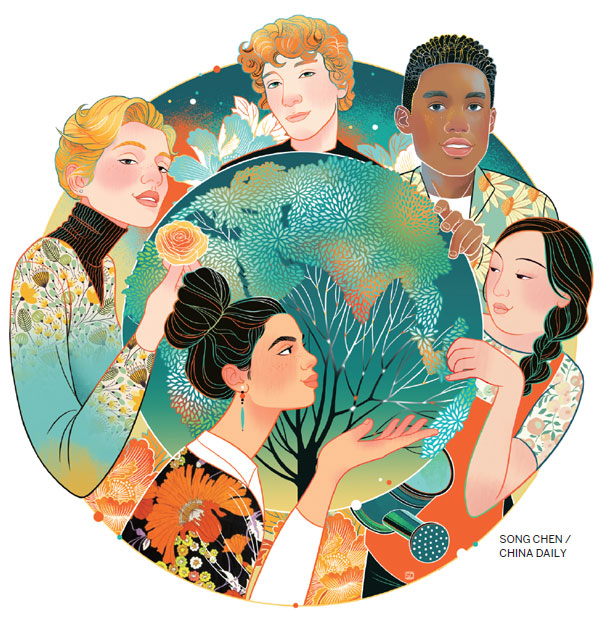William Valido Blog Reflection #2
Starting Off
Going into these presentations, I wasn’t expecting anything out of the ordinary. Group projects usually feel like a routine part of the semester, something you just get through and move on from. But as each group presented, I started to realize there was more to it. People clearly cared about the topics they were assigned, and a lot of what they said felt genuine and relevant. It wasn’t just information thrown together to meet a deadline. Most of it actually reflected what people were thinking about or going through.
The goal was to keep the message honest without making it too heavy. We talked about boundaries, balance, and recognizing when certain habits start taking a toll. I think it came through well without being overcomplicated. Sometimes the most relatable topics are the ones you don’t have to overexplain.
Group One: Careers and the Economy
The first group tackled careers and how the economy is changing the way people work. They focused on things like artificial intelligence, gig jobs, and how traditional job paths are becoming less common. A topic like that could easily become technical or hard to follow, but they made it accessible.
What stood out to me was their emphasis on flexibility, how the ability to adapt and keep learning is more valuable than locking yourself into one plan. That message felt especially relevant. It’s easy to feel pressure to figure out your future right away, but their presentation reminded us that being open to change is just as important as having a plan.
Group Two: Family, School, and Support
The second group explored how families and schools support students, or in some cases, don’t. They brought up challenges like language barriers, long work hours, and the lack of resources for student-parents. It was a topic I hadn’t heard discussed much, especially the part about students who have kids of their own and what kind of support (or lack of it) they receive in school environments.
Their presentation didn’t just describe the problems. They offered real, practical solutions, like flexible parent-teacher communication and more inclusive school policies. I appreciated how they backed up their points with both data and examples from the local community. It gave the presentation a grounded, realistic feel.
The Bigger Picture
Even though each group focused on something different, all of the presentations felt connected in some way. Whether we were talking about careers, mental health, or education, there was a common thread about how much our lives are shaped by communication, support, and the systems around us.
No one planned it that way, but it still came together. Everyone touched on what it means to be part of a larger network, whether that’s in school, at home, or in society, and how important it is to feel understood and supported in those spaces.
Closing Thoughts
I’m not going to pretend the presentations were life-changing, but I do think they meant something. It was clear people took their work seriously and cared about the topics they were assigned. It’s not always easy to get up and present something personal in front of your classmates, but most people showed up and put in the effort.
What made these presentations different was how real they felt. They weren’t just about getting a grade, they were about starting conversations that matter, even if only for a few minutes. And honestly, that’s more than I expected when we first started.






Nice writing but not 1000 words.
ReplyDelete